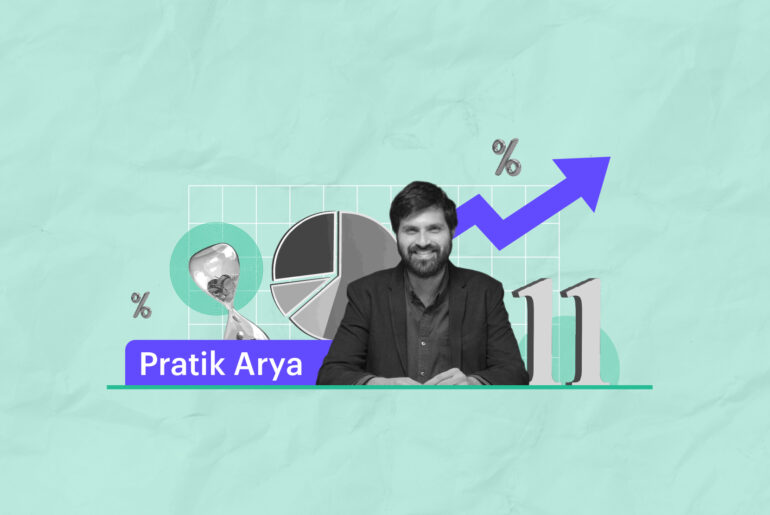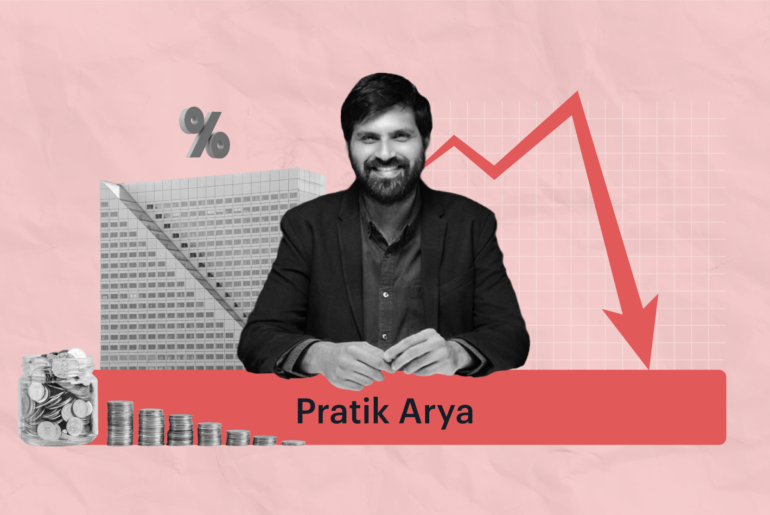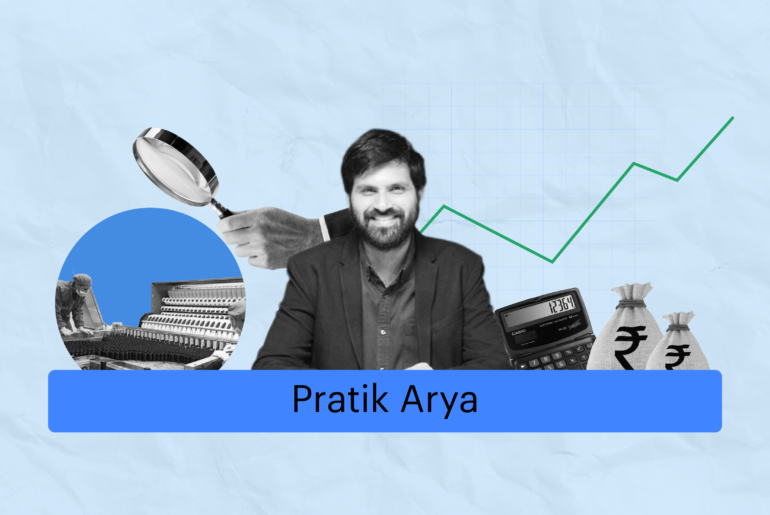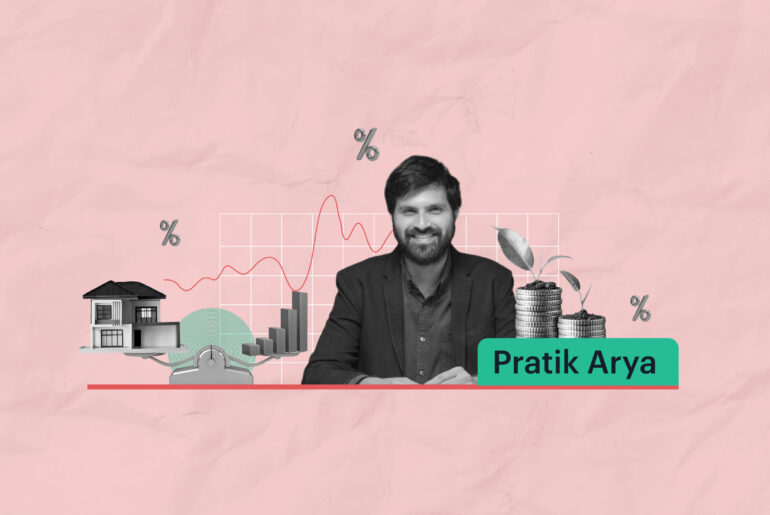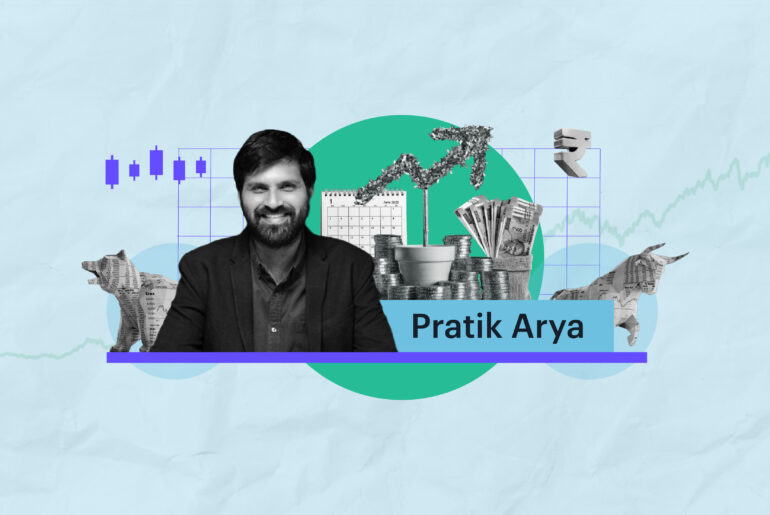Do you think science and investing are related a bit and follow the same principles? Read our expert Pratik Arya explain the similarities between science and investing.
Read our expert explain how to analyse the value of a company and can how the business cycle affects valuations.
Read why growth stocks fall maximum in a rising rate environment and how interest rate impacts a new-age company’s valuations.
To value a business, you need to calculate its terminal value. Terminal value is calculated at the end of the growth period, defined as the number of years until a business can grow its profits at a rate that is at least higher than the GDP.
There has been a ton of bullishness about the Price/Earnings-to-Growth (PEG) ratio being a great indicator to buy stocks. Motilal Oswal’s wealth creation studies did a great job explaining that buying stocks below a PEG of 1 and especially 0.5 lead to good wealth generation.
NEVER sell your house to buy equities. It’s just a metaphor to explain when you should get aggressive with putting more money into equities. Rakesh Jhunjhunwala has often been sighted saying 2003-2007 was one of the most golden and ferocious bull markets in India. This led us to think about what was so unique at the start of 2002-2003 that such a crazy bull run happened.
Everyone knows they should buy stocks at low P/E and the real way to make money is by buying stocks at a valuation where you are not paying too much for future growth but there is not much literature published on this topic.
Markets talk in the language of expectations and not Hindi/English etc. At any point of time in the market cap of a company, there is an inherent expectation embedded about future cash flows and discount rates.

